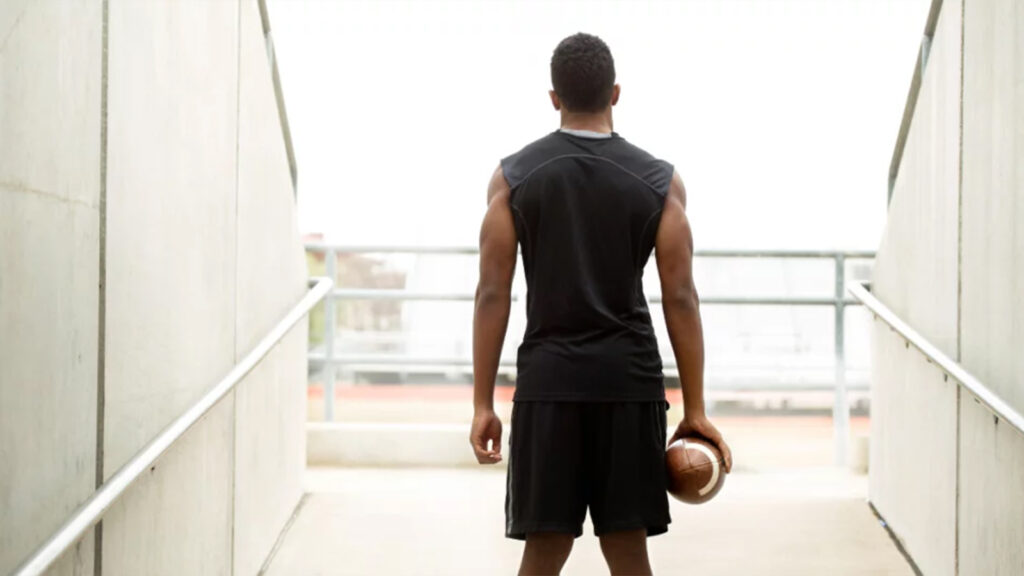
The Ultimate Recovery Stack: What to Combine with CELLIANT
August 01, 2025 – CELLIANT infrared technology is a powerful passive recovery tool, but how can you maximize its benefits? This is where the idea of a “recovery stack” comes in…

I was 55 years old. My football-playing days were long over, but I felt great. Sure — there were moments when I’d think to myself: “I should stop eating so many sweets” or “I should get more sleep,” but I didn’t notice any signs or symptoms that my health was declining.
That’s why I was shocked when my doctor diagnosed me with prostate cancer. I’d heard lots of stories about former athletes who seemed healthy but still passed away far too early. I’d always remind myself that they probably weren’t eating right or taking care of themselves like I was and that I had nothing to worry about. That day changed everything for me.
In reality, I had no idea what I was up against. I told my wife about my diagnosis and no one else — not even my mom (though I did tell her eventually). I soon learned that one in nine men would be diagnosed with prostate cancer at some point in their lifetime and that African American men were especially susceptible. One in six receive a diagnosis, and they are 2.2 times more likely to die from the disease compared to white men. Early on, I remember thinking: “Gee, I don’t know one single African American man who’s had it.”
It was only after I opened up about my diagnosis that I realized how common it actually was. Talking with survivors and former NFL players who had dealt with adversity inspired me to share my story and do what I could to teach others about prioritizing well-being.
Although they hadn’t experienced prostate cancer personally, guys like Ronnie Lott, Marcus Allen, and Cris Carter were willing to help me educate others about the disease. Deacon Jones, Fred Biletnikoff, and Rickey Jackson — who did have prostate cancer — were instrumental in spreading awareness about the importance of early detection and became advocates for screenings and men knowing their family’s medical history.
I also take this prioritization into many of my own daily decisions. Being intentional in this way not only helps me find better ways to live an active and well-rounded lifestyle, but also influences others to make similar choices.
With these things in mind, I have three tips for managing your health as you get older:
Although they hadn’t experienced prostate cancer personally, guys like Ronnie Lott, Marcus Allen, and Cris Carter were willing to help me educate others about the disease. Deacon Jones, Fred Biletnikoff, and Rickey Jackson — who did have prostate cancer — were instrumental in spreading awareness about the importance of early detection and became advocates for screenings and men knowing their family’s medical history.


August 01, 2025 – CELLIANT infrared technology is a powerful passive recovery tool, but how can you maximize its benefits? This is where the idea of a “recovery stack” comes in…

July 10, 2025 – In a growing world of performance and wellness textiles, CELLIANT stands out as a clinically tested tech that transforms body heat into infrared energy. But how do you know if CELLIANT is right for you?…

June 16, 2025 – This past May, the Fairmont Austin buzzed with biohackers, tech exhibitors, keynote speakers and wellness enthusiasts. Team CELLIANT was on-site to see the latest showcase of future-forward wellness innovation…
To access all of our reports please input your email below.
Contact us at marketing@celliant.com
Thank you for your request. Please download the brochure below.
Sign up for the latest Celliant news and innovations.
REQUEST INFORMATION